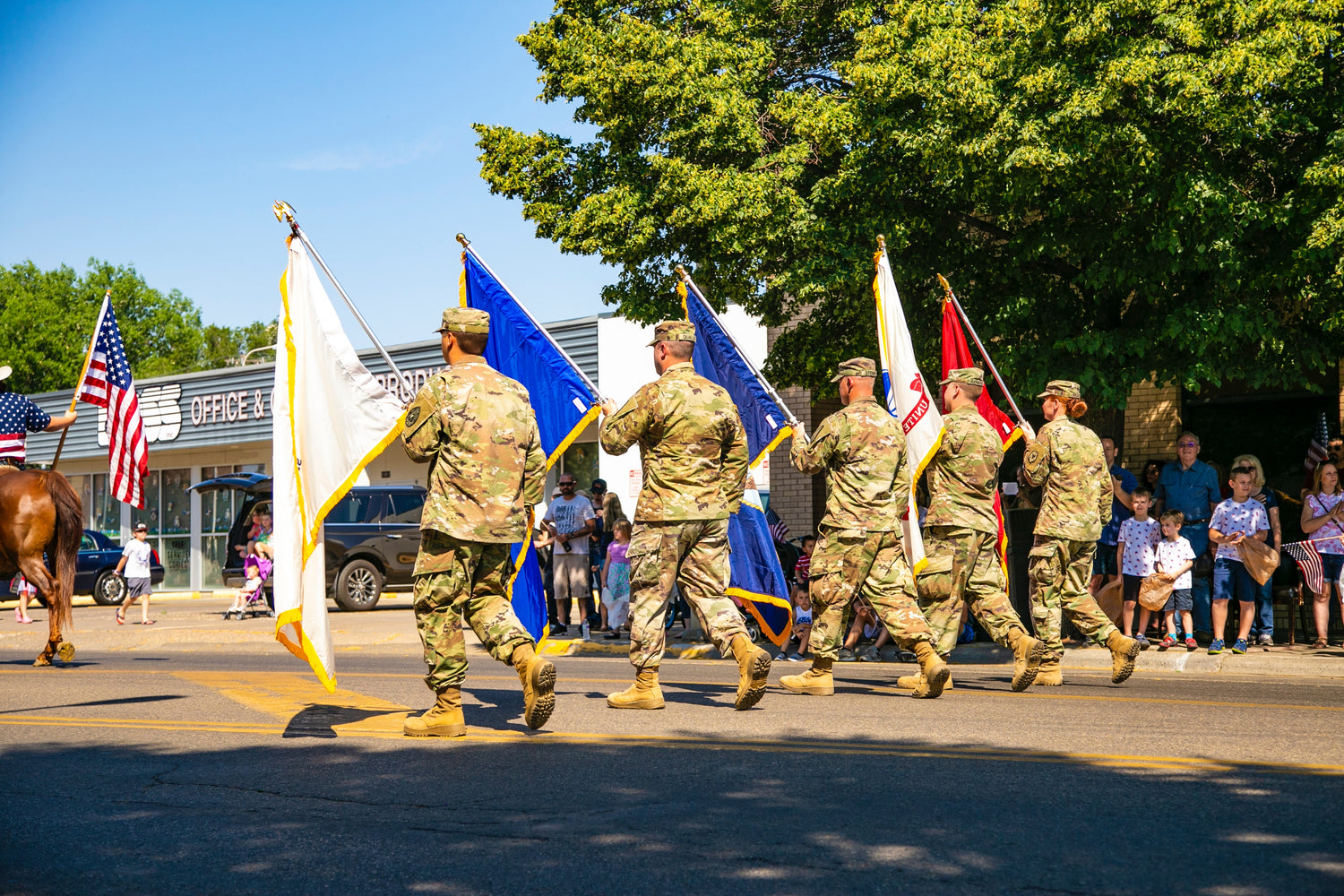By Wes O’Donnell
Founder, Warrior Lodge
Featured image by Ian MacDonald on Unsplash
As a byproduct of their military service, modern veterans have the stomach to take risks, the ability to deal with ambiguity, composure and creativity under extreme pressure, and an unparalleled focus on the team as the way to win a fight. These men and women are the best-kept secret in business and why companies recognize the extreme value of hiring veterans.
In 2018, I wrote about why hiring veterans was the business manager’s secret to achieving a high-performing business unit. With hard-won leadership traits, a diversity-comfortable mindset and a habitual goal orientation, it’s no wonder why veterans are in high demand across the nation.
But what about the actual job search, salary and job satisfaction that veterans experience?
Thanks to new data by VA Disability law firm Hill & Ponton, we can see a clearer picture of the different ways veterans find jobs once they’ve completed their service, as well as the microenvironments where they get hired (e.g., salary, company size, and employment level).
Hill & Ponton collected 506 responses of employed Americans from Amazon Mechanical Turk and 205 responses of employed U.S. veterans from Prolific. In the information gathered, the firm was able to extract some meaningful data.
On the Hunt for a Job
According to the firm, when reentering the workforce, the best place for veterans to look for employment is via job boards. The internet is an especially helpful tool for accessing these job boards, with recruitment websites like military.com, recruitmilitary.com, and veteranjoblistings.com all doing their part to help veterans take the next step in their work life. Over 40% of respondents also relied on recommendations from friends and family, as well as word-of-mouth tactics to secure employment. It took veterans just over four months, on average, to get hired somewhere when they returned home, although men spent half as much time looking for jobs as female vets.

Adapting to Civilian Work
Over half had no difficulty acclimating to job training as opposed to military training – from their time in the line of duty, veterans have likely learned to problem solve effectively, have a strong work ethic, and remain organized and disciplined, among other factors that would contribute to their confidence in working a civilian job.
Forty-four percent felt that the transition to a civilian workplace was also a breeze – perhaps because teamwork is the foundation of both military operations and company success, once again helping to make the transition less daunting for veterans entering civilian life.

Mentally Tough
Perhaps most unsurprising was veterans’ ability to easily handle burnout, depression and work anxiety at civilian employers. Veterans’ grit and toughness have also clearly had an impact on them being able to control their emotions throughout the week.
Almost 60% of veterans said they handled stress slightly better or much better than their civilian counterparts.

Veterans Rely More on Friends and Family for their Support System
And finally, veterans felt the love from family and friends more so than non-veterans but didn’t feel as appreciated by their workplace and especially not by their community, government, or society in general.

As with any sample or survey, these results are only a snapshot in time and could change as more employers recognize the high ROI of hiring vets.
In today’s challenging hiring environment, it’s more important than ever for employers to look to unique candidate pools to fill their vacant positions.
Thanks to VA Disability law firm Hill & Ponton for providing the infographics for this report. Find out more information of their survey methodology at their site.
This article was posted originally by the author at AMUEdge.





Leave a comment
This site is protected by hCaptcha and the hCaptcha Privacy Policy and Terms of Service apply.